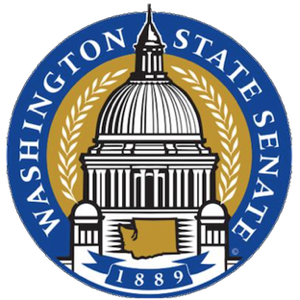The Washington State Senate Labor and Commerce Committee (WA Senate LBRC) considers issues relating to employment standards, industrial insurance, unemployment insurance and collective bargaining. The committee also considers regulation of business and professions and has oversight of commerce issues relating to alcohol, tobacco, cannabis, and gaming.
Work Session
- Recreational cannabis, medical cannabis, and social equity within the cannabis industry.
